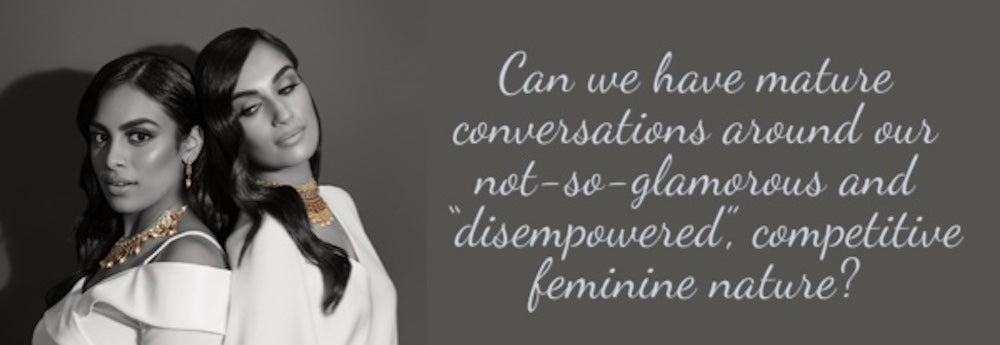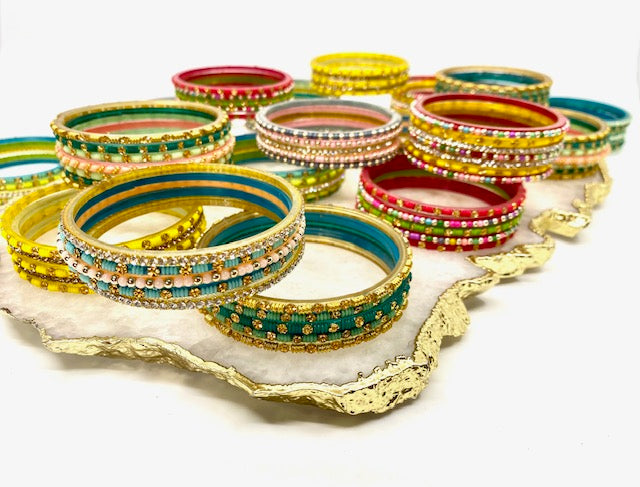

Sisterhood. Queen. Empowerment. Goddess. Today, these are terms that we see being used synonymously with womanhood; with the blending of spirituality and the modern world, we are now living in a time that is actually beginning to celebrate what it means to be a woman. Sort of. Social media has definitely played a significant role in normalizing a lot of the otherwise hidden and shamed parts of womanhood. There are thousands of online communities where women can relate to one another and Instagram has an infinite amount of artists who contribute to this movement of empowered sisterhood. We are at a point in time where even large corporations are forced to change their messaging towards women in order to remain relevant. Kotex unexpectedly published an online ad earlier this year for some diversity points, using red liquid on their pads instead of the standard sterile blue. In a society where toxic masculinity has made everyone (including men) sick and downright exhausted, is it finally cool to be a woman? Or is it because we as women have decided to stand up for our femininity and own it? Whatever the reason may be, current generations of women (Gen X,Y,Z) are beginning to rise up and speak much more unapologetically about their bodies, their periods, their birthing stories and their repressed traumas.
So while we are progressively moving towards empowered femininity, it is of the utmost importance to be so, very, honest. Honest with one another. And honest with ourselves.
These days there is a lot of pseudo-spiritual content circulating on social media that speaks to what an empowered woman is, versus what a disempowered woman is.
Many of these messages point to empowered women as feeling confident, secure and celebratory towards other women. Whereas an unempowered woman is described as competitive, insecure, unstable, or just plain neurotic. But instead of perpetuating shame towards women who may not feel totally secure, why can’t we talk about the actual work that it takes to get there? Why can’t we talk about the real, visceral feelings of jealousy that we as all humans experience? We seem to be in a space of genuinely supporting women that we already consider sisters, but cancelling those whom we do not. That’s not to say that boundaries cannot exist, because they most definitely should — especially towards toxic behaviour. Setting healthy boundaries is an act of self love. But can we also genuinely pray for the happiness of someone whom we may be secretly jealous of? Do we even want to? Is there any point?
Yes, yes and yes.
It is because feelings like jealousy are so icky — that they are our greatest teachers. These feelings show us what we really want to have for ourselves. They don’t just show us our insecurities, they show us exactly where we feel insecure. In a world where we are working to normalize our confidence and feminine magic, can we also normalize having insecurities? Insecurities are, after all, part of this human experience. Rather than waiting to feel completely empowered so that we don’t have to visit those icky feelings anymore, can we first work to eliminate the very shame around feeling insecure? Can we have mature conversations around our not-so-glamorous and “disempowered,” competitive feminine nature? We have, after all, been culturally conditioned to compete with one another for centuries. We have been forged generation after generation within the fires of competition because of the patriarchal society that we have been born and bred into. It is so ingrained within the systems of our culture that sometimes these feelings can be so sneaky that we may have no actual rationale for them.
Our lives are based around patterns and cycles — also referred to as samsara in Sanskrit. That is, until we break them. Though how can we break them if we feel ashamed for having them in the first place, let alone speaking about them?
On a couple of occasions, I have had conversations with women whom I felt jealousy towards. They were completely loveable, kind, beautiful women and I could not figure out how I could feel so threatened and yet still want to maintain a friendship with them. I decided to be honest and have a discussion about these feelings, not with my sisters or friends, but with the women themselves. What came next was...magic. My feelings were completely validated, even related to, and the level of maturity that was born by honesty changed everything. When women hold space for each other to be completely vulnerable, to be at their “ugliest,” without judgement, we quite literally save each other. I have since then been able to hold that same type of space for other women. Women whom I would have labelled as “haters” in the past. But if we can learn to make friends with our own insecurities, we can begin to see other women as innocent too. (That’s not to say that we have to like everyone we meet, you can love another and wish them happiness without necessarily wanting them in your space).
It won’t always be relevant to have such direct conversations with other women, but sometimes it can be. And most importantly, it will always be relevant to have these kinds of conversations with ourselves. Honesty breeds trust and when we trust ourselves, we can feel more empowered than any Kotex ad or Instagram post could ever touch. So while we are learning to become more emboldened and empowered within our bodies and our experiences, let us spend equal amounts of effort feeling empowered by our own honesty. Let us get comfortable with acknowledging our insecurities rather than avoiding them. Let us discuss them together. Let us remove the judgements of whether we are confident or insecure women, and let us simply be who we are here to be — women. Because the truth is, if we are able to have these honest inquiries within ourselves, we are more than empowered — we are brave. We are fierce. We are rebels. We are warriors.
Written By:
Shaifali Kapur
@shaifali.kapur
Artwork By:
Manasi Arya
@artwithmanasi
www.etsy.com/shop/artwithmanasi










